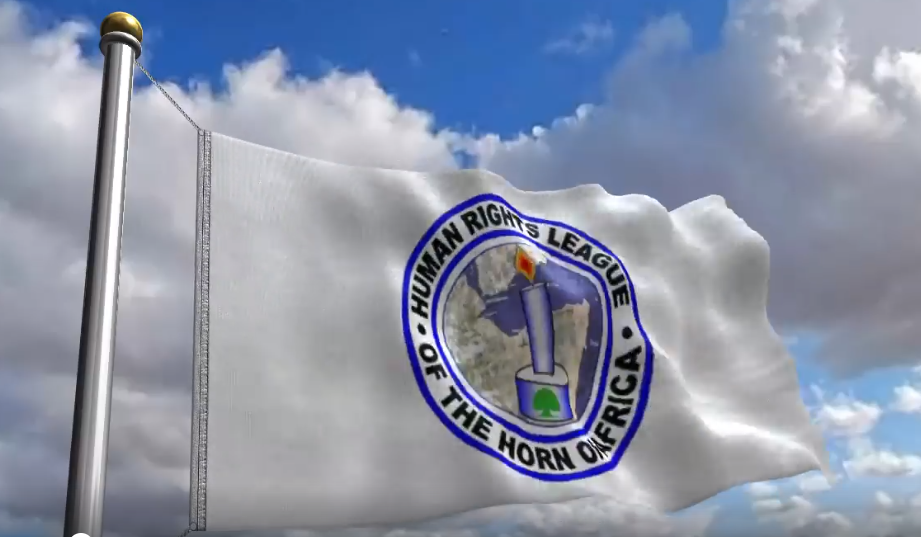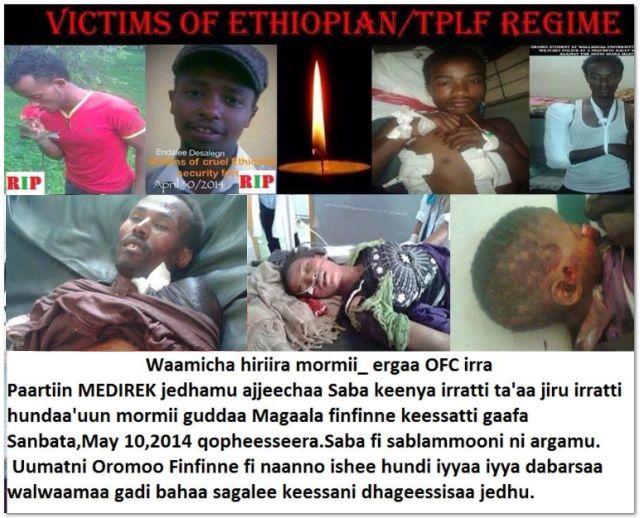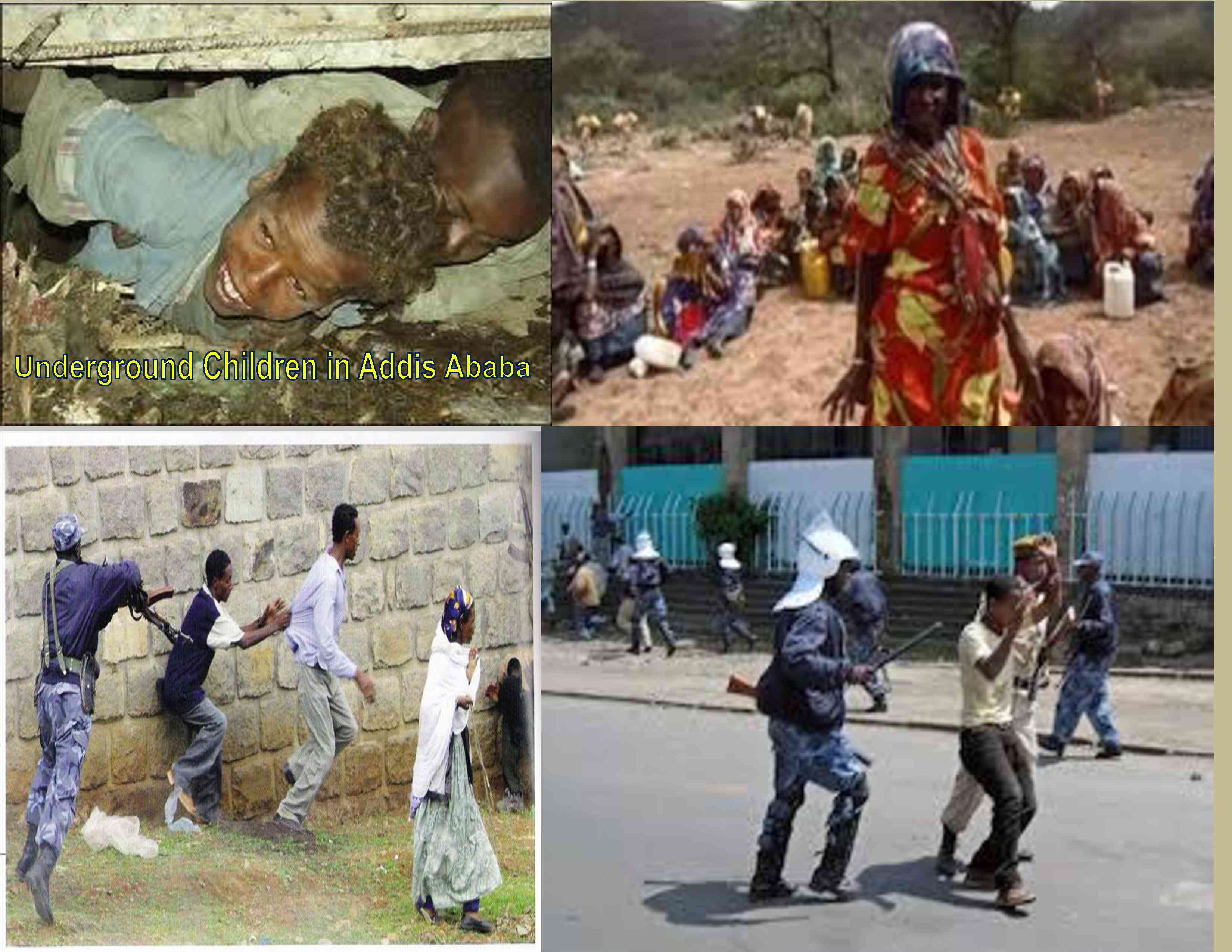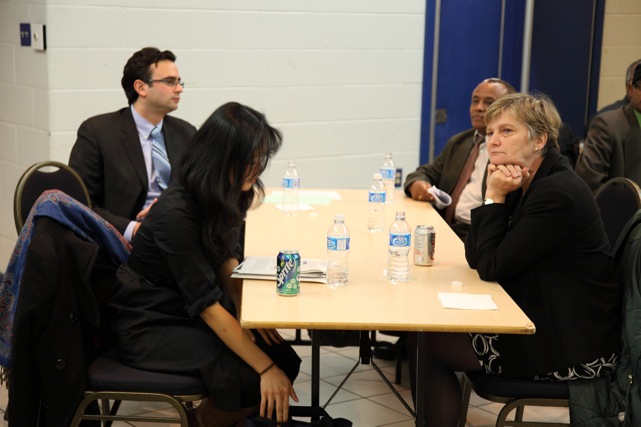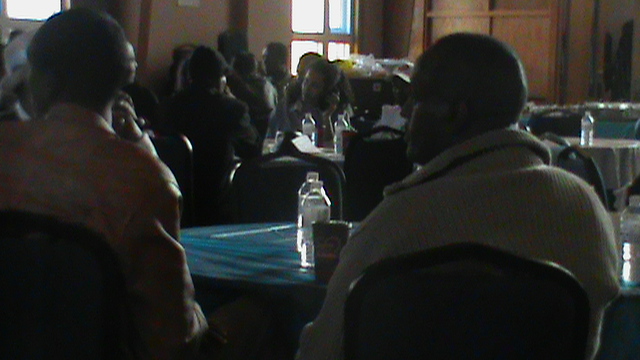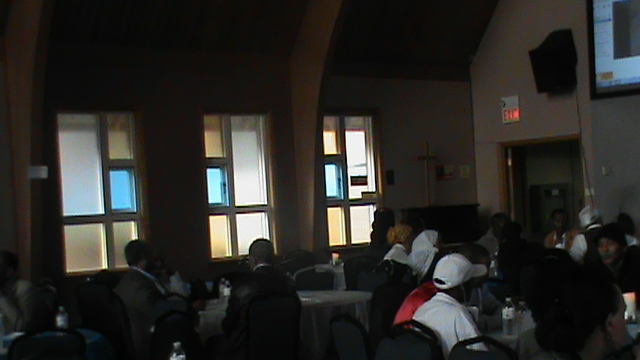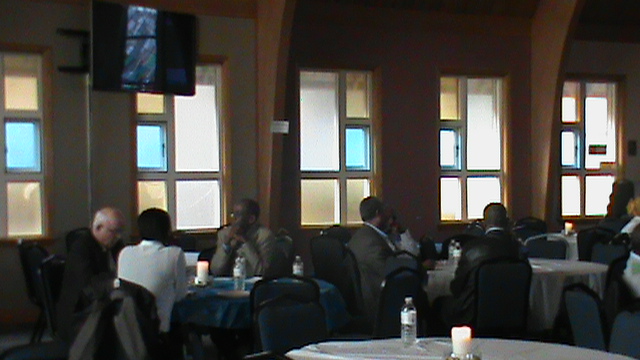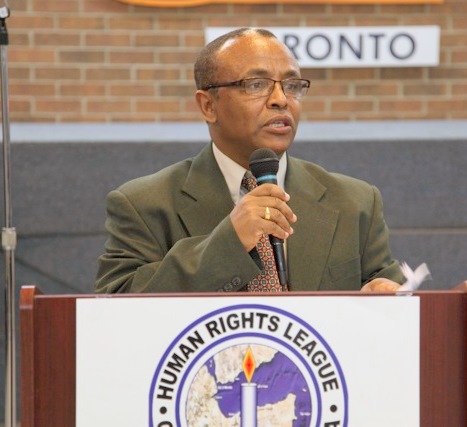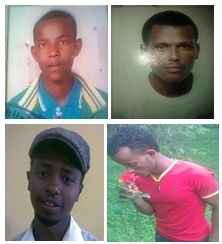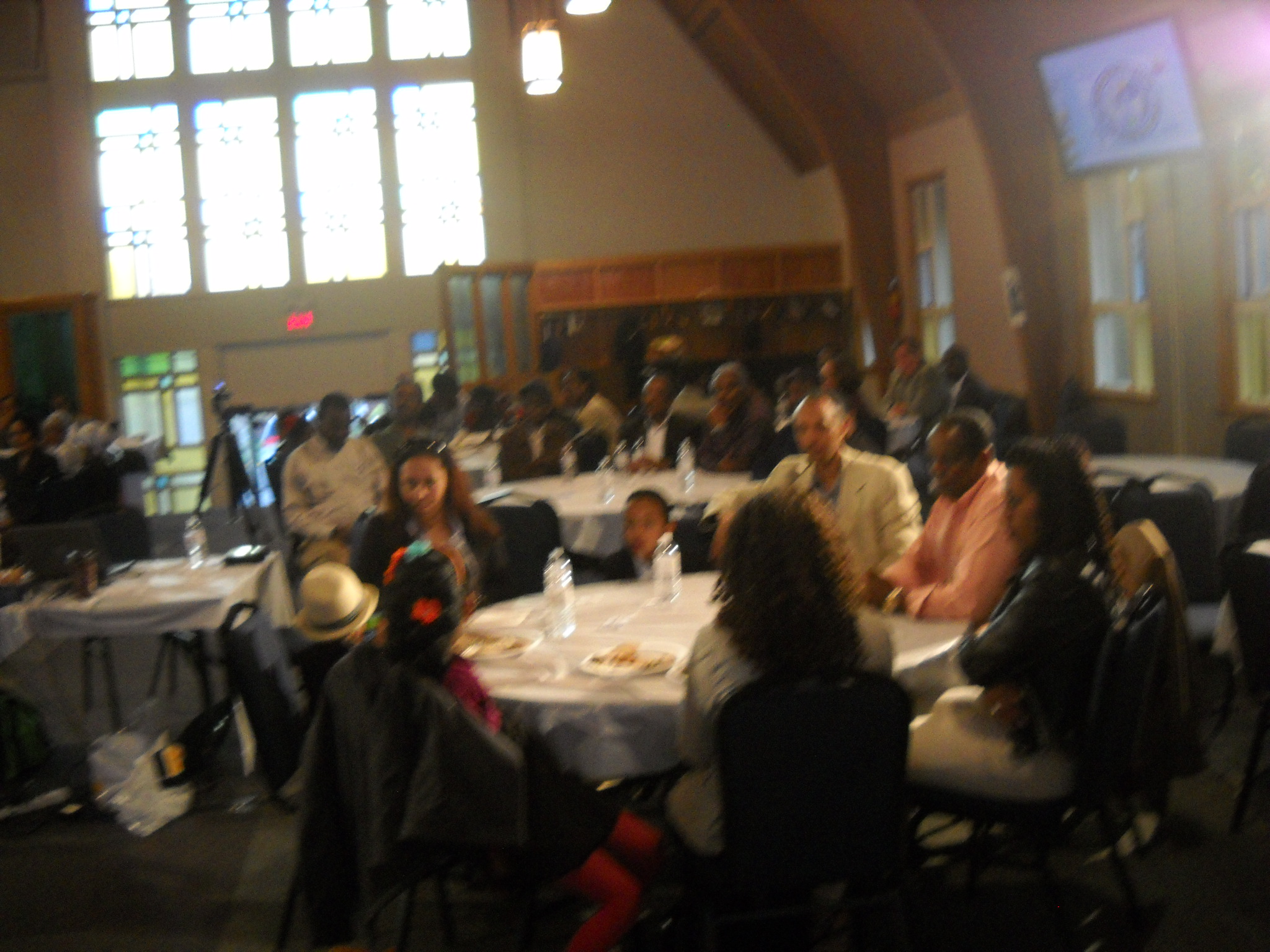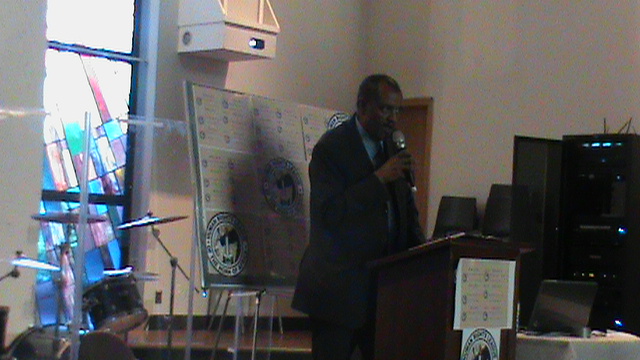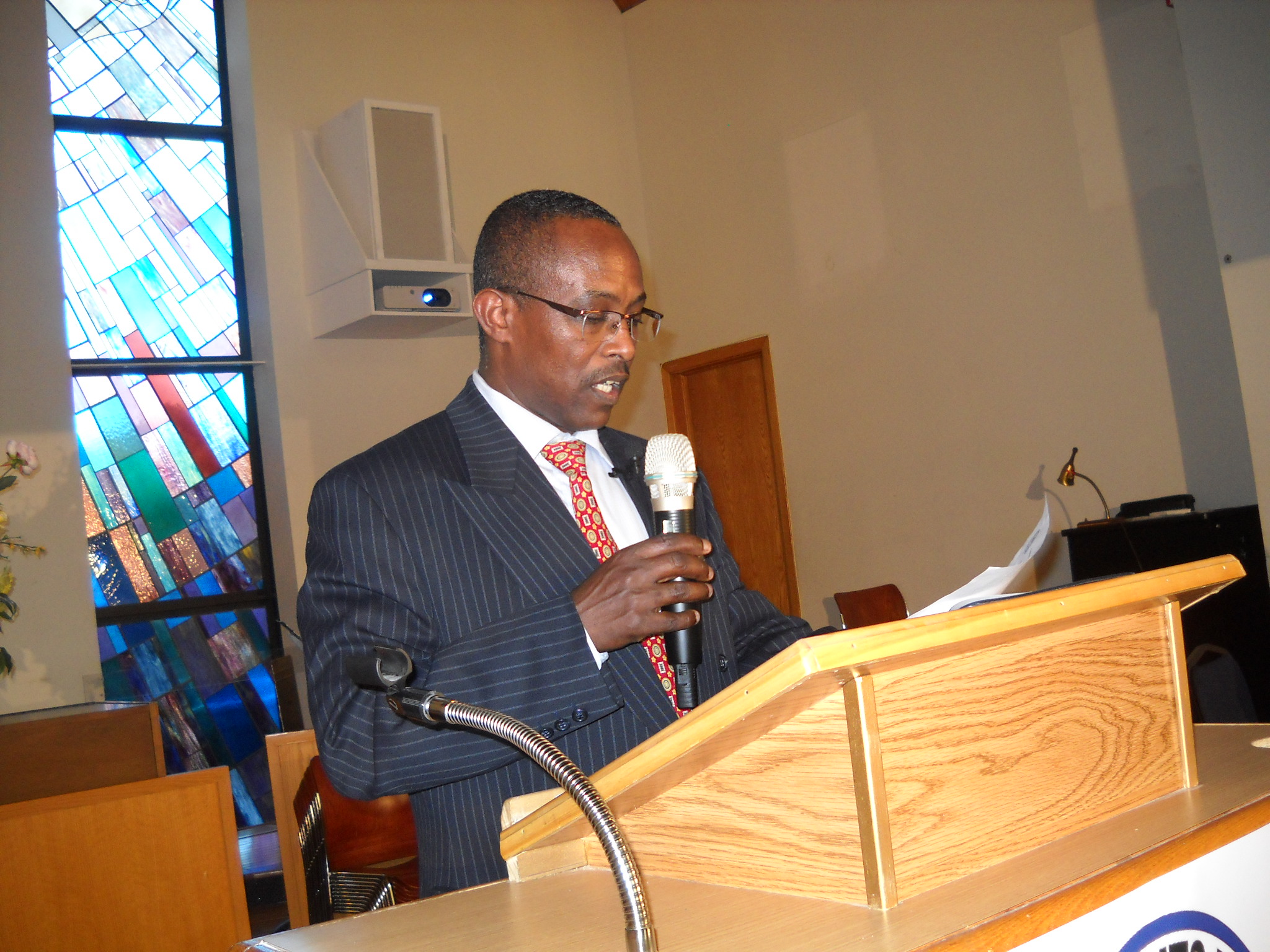 NAIROBI, 10 August 2010 (IRIN) – Government officials, aid beneficiaries and humanitarian workers in south-central Somalia have condemned a ban imposed on three aid organizations by the Islamist group, Al Shabab, which controls most of the region. NAIROBI, 10 August 2010 (IRIN) – Government officials, aid beneficiaries and humanitarian workers in south-central Somalia have condemned a ban imposed on three aid organizations by the Islamist group, Al Shabab, which controls most of the region.
“There is absolutely no excuse for this action,” Abdi Haji Gobdon, the media adviser to Prime Minister Omar Abdirashid Ali Sharmarke, told IRIN on 10 August. “These are agencies that came to help the thousands of people who need their help. This is evidence, if any was needed, of Al Shabab’s disregard for the welfare and wellbeing of the Somali people. They simply don’t care.” In a statement issued in Mogadishu on 9 August, Al Shabab accused World Vision, the Adventist Development and Relief Agency (ADRA) and Diakonia of proselytizing. “Acting as missionaries under [the guise of] the humanitarian work these three organizations have been spreading their corrupted ideologies in order to taint the pure creed of the Muslim people in Somalia,” the group said. “We warn other local aid agencies against taking up the operations or secretly partnering with the banned organizations, otherwise they will face appropriate disciplinary measures.” Reacting to the ban, Mohamed Ali, an internally displaced person (IDP), living in Km 13 suburb of Mogadishu, told IRIN: “It is not suitable to chase away aid agencies that came all the way to Somalia to help the needy. Somali people need urgent and more humanitarian support; I appeal to Al Shabab not to stop anyone out to assist our people.” However, for Asha Abukar, another IDP living in Baidoa, in the Bay region, the ban would not make a difference. “I fled with my family from Mogadishu six weeks ago; whether or not Al Shabab bans aid agencies does not make a difference to the suffering and vulnerable Somali people, like me, living without any visible aid,” she said. “Already, many IDPs live in dire conditions, so if the agencies are banned or not, this does not have an impact on us here.” “Falsely accused” “World Vision is a Christian organization, motivated by its faith to help children, families and communities living in poverty, but the organization also has specific policies that prohibit proselytizing and is a signatory to the Red Cross Code of Conduct, guaranteeing impartiality in the distribution of aid,” the agency said. “The move to close the organization’s operations in Somalia is unfortunate, especially coming at a time when there are more than 3.6 million people in Somalia who need urgent humanitarian aid. Of those in need, 700,000 are children.” The agency, which has worked in Somalia for 18 years, said it had temporarily suspended operations in the affected areas as it planned its next step. ADRA, which also denied proselytizing, said it expected the ban to adversely affect at least 180,000 people in the regions of Bakool, Bay, and Hiiraan where the agency was building and rehabilitating wells, providing livelihood support and increasing access to education. Diakonia, a joint international development organization of five Swedish churches, had by 10 August not responded to the ban. Civil society groups also condemned the ban and called on parties to the conflict to allow humanitarian access to the needy population. Al Shabab and Hisbul Islam continue to wage war against government troops in Mogadishu, displacing hundreds of thousands of people. The ban will only make things worse for those most in need, said a civil society source in Mogadishu. “These are people who have no jobs, and cannot find any other means of making a living and live mostly in the open. What happens when you stop the little assistance that they used to get through to them? They [civilians] are on their own. It is the story of Somalia,” he said, calling on Al Shabab to allow in any group willing to help the vulnerable population. “If they have any humanity they will allow access to anyone willing to help their brothers and sisters,” he added. Al Shabab’s ban came as the UN announced plans to increase its presence in Somalia. aa-mg/js/ah/mw |
|
|
Theme(s): (IRIN) Aid Policy, (IRIN) Conflict
[ENDS] |
|
